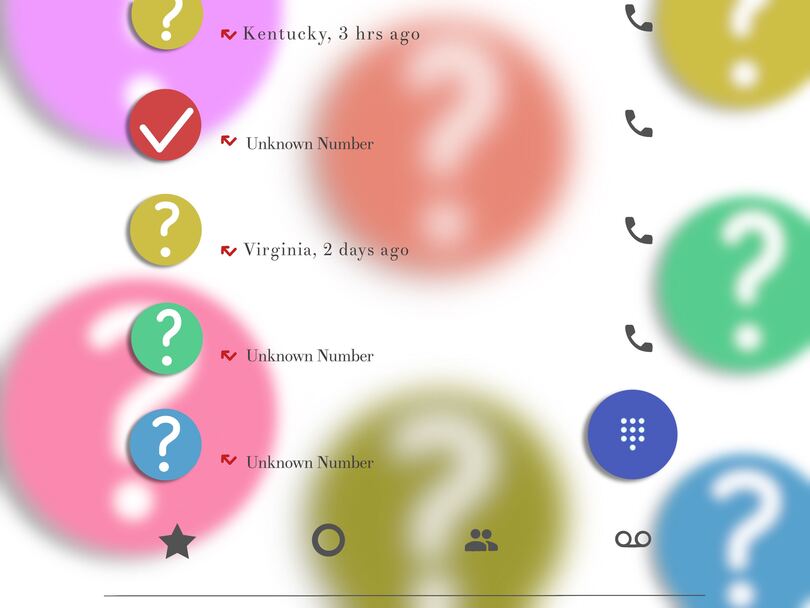Robocalls are on the rise — and New York is trying to stop them

Mobile scam robocalls increased from 3.7% of total calls in 2017 to 29.2% in 2018. Sarah Allam | Assistant Illustration Editor
Chances are, you’ve received a robocall. It seems like New York residents have been getting more calls now than ever before. Mobile scam calls increased from 3.7% of total calls in 2017 to 29.2% in 2018.
Robocalls are automated calls that deliver a recorded message. Robocalls are not only irritating, but some are scams attempting to defraud the unsuspecting public. New York is now working to decrease the amount of robocalls people receive.
New legislation called the Robocall Prevention Act aims to limit robocalls, but retired Auburn University marketing professor Avery Abernethy said that this legislation won’t solve the robocall issue.

Anna Henderson | Digital Design Editor
“The problem is not getting judgements that assess financial penalties, the problem is collecting any fines,” Abernethy said.
Fines are issued to the robocallers, but there’s barely any money collected from fines. It’s hard to regulate these companies because they’re not in United States territories.
Also, there are already laws set in place. The Do Not Call Registry is an example, but that still hasn’t prevented this increase in calls.
“If there was a fraction of a penny charge (tax) on every phone call completed, then most robocalls and do not call violations would end,” Abernethy said.
We should look into charging a small amount for all calls. A tax would help to limit robocalls, but the general public would have to pay more for phone calls. It’s a compromise that might be worth it.
Either the public continues to get unwarranted calls, or they pay a little bit more for phone bills. Either way, legislation doesn’t seem to be the answer.
Jack Mettler is a sophomore television, radio and film major. His column appears bi-weekly. He can be reached at jsmettle@syr.edu or on Twitter @Jack_Mettler.




